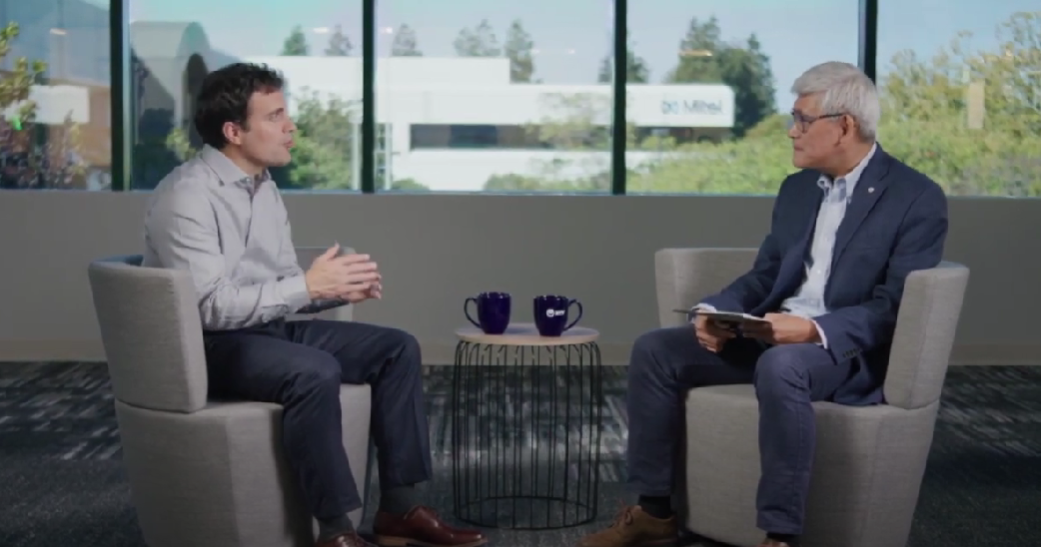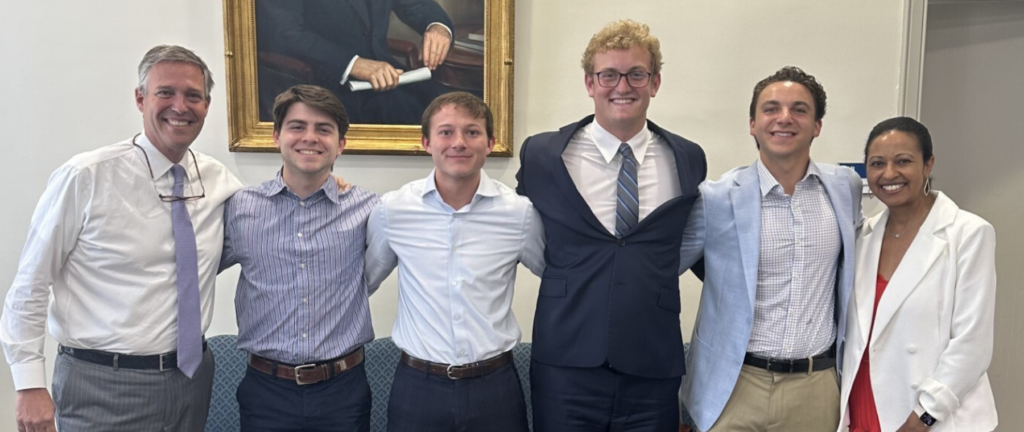Post-quantum Cryptography
In this fast-moving sector we are all involved in, it’s always interesting to get the perspectives from experts in the space, both in research and industry.
This week, Kazuhiro Gomi, President and CEO at NTT Research, Inc, conducted an interview with Brent Waters, a Professor of Computer Science at the University of Texas at Austin and Distinguished Scientist at NTT Research for NTT R&D Forum 2022 [Special Session1].
The subject of discussion, “Protocols for Post Quantum Cryptography”, is a hot topic these days and will only be more so as quantum computing becomes more mainstream.
After Waters had given listeners a primer on the history of quantum cryptography over the recent decades and LWE (Learning with Error), Gomi asked Waters about Lattice Computing, something that he is excited about at NTT Research.
Fully-homomorphic Encryption
“This is probably the area where I am the most excited in terms of my role at NTT Research as can we save public key cryptography, but can it give us new functionality? Like learning with errors and lattices that we didn’t have before,” said Waters. “The answer is definitely “yes”. There are some really exciting examples of this — one of them, which Craig Gentry put forward in 2009, is called Fully-homomorphic encryption. Fully-homomorphic encryption is a little magical. You have some special algorithm and I have some private data and I want you to perform some computation on it. Using Fully-homomorphic encryption, I can encrypt this data, I can give it over to you and you have no idea what it is. Despite the fact that you have no idea what it is, you can compute on it — it seems weird, because it is. It doesn’t seem like it makes sense.”

Waters, who was named Director of its Cryptography and Information Security (CIS) Lab in June of this year, joined NTT Research in 2019 as Distinguished Scientist and has been instrumental in building the CIS Lab into one of the world’s premier cryptography organizations.

Gomi and Waters went back and forth, briefly discussing attribute-based encryption, homomorphic encryption, functional encryption and post-quantum cryptography in the sense of security and privacy.
Future Actions
Then, as one of the world’s top thought leaders and researchers in the space, Gomi asked Waters what he thought people in the business world should do about the potential risk posed by “harvest now, decrypt later” and the post-quantum era.
“I think it is important to be alert for that,” said Waters. “I don’t know what the future will hold. People don’t know what will happen, like in ten or twenty years from now will large-scale quantum computers be there or not? I think we should be proactive. NIST, for instance, is proactive in trying to get new standards out for encryption, for signatures. When we do settle on a body — because it makes sense to move towards that — we also must move towards it with a little bit of caution.”
For more market insights, check out our latest quantum computing news here.




















